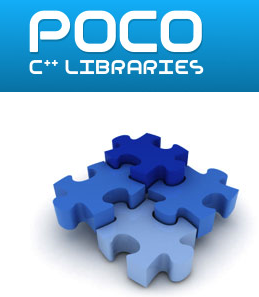Conan Days Madrid, Spain March 19-20
 If you are into C and/or C++ package management, Conan Days in Madrid, Spain may be for you.
If you are into C and/or C++ package management, Conan Days in Madrid, Spain may be for you.
Conan Community and C/C++ build engineering and packaging enthusiasts
From the event description:
ConanDays, 2 days full of technical content for the whole Conan Community and C/C++ build engineering and packaging enthusiasts in Madrid, Spain, 19-20 March 2020.

 Check it out.
Check it out.